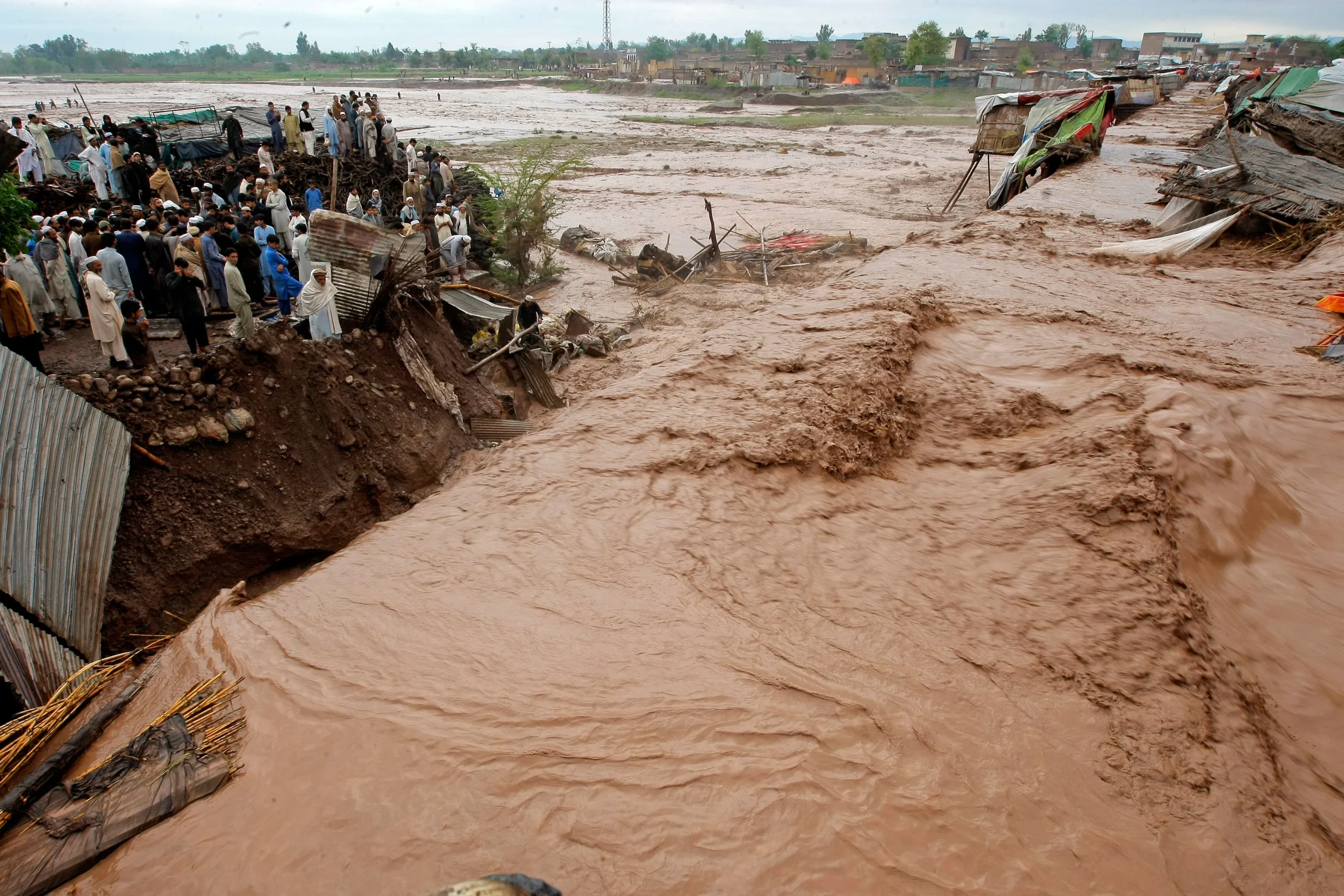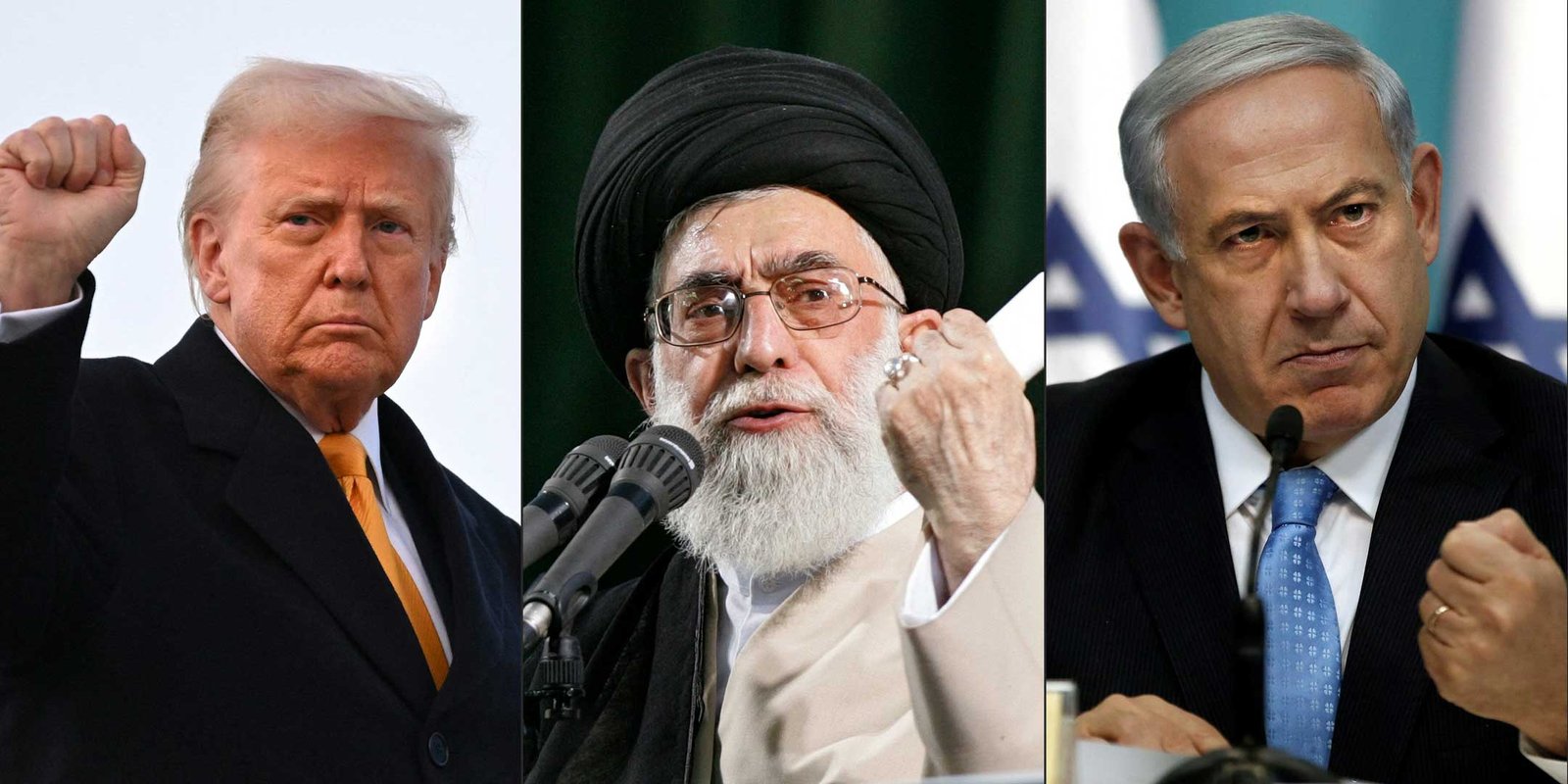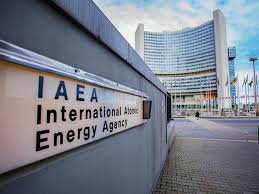Tolerance is the ability to respect and accept the differences and diversity of others without imposing one’s views or beliefs on them. Tolerance is a moral virtue that promotes peace, harmony, and social cohesion. Tolerance is also a human right that protects the dignity and freedom of every person.
Tolerance is essential in society for several reasons. First, tolerance fosters mutual understanding and dialogue among people of different backgrounds, cultures, religions, and ideologies. By being tolerant, people can learn from each other, appreciate their similarities and differences, and find common ground for cooperation and coexistence. Tolerance also helps to prevent or reduce conflicts, violence, and discrimination that may arise from intolerance and prejudice.
Second, tolerance promotes pluralism and diversity in society. By being tolerant, people can recognize and celebrate the richness and variety of human expressions and experiences. Tolerance also encourages creativity and innovation, as people can explore new ideas and perspectives without fear of rejection or censorship. Tolerance also supports democracy and human rights, as people can participate freely and equally in their society’s social, political, and cultural life.
Third, tolerance enhances personal growth and development. People can broaden their horizons, challenge their assumptions, and overcome their biases by being tolerant. Tolerance also fosters empathy, compassion, and respect for others, as well as for oneself. Tolerance also enables people to cope with change and uncertainty, as they can adapt to new situations and realities without losing their identity or values.
Tolerance is significant in Pakistan, a country that faces many challenges related to sectarianism, extremism, terrorism, and social injustice. Pakistan is a diverse country with many ethnicities, languages, religions, sects, and cultures. However, this diversity has often been a source of division and conflict rather than unity and harmony. Pakistan has witnessed many sectarian violence and intolerance incidents that have claimed thousands of lives and injured many more. Pakistan has also suffered from the influence of radical groups that have spread hatred and intolerance against minorities and dissenters. Pakistan has also struggled with discrimination, inequality, corruption, and human rights violations that have affected the well-being and dignity of many citizens.
To ensure tolerance in Pakistani society, several measures need to be taken at different levels. At the individual level, people need to educate themselves about the history, culture, beliefs, and practices of other groups in their society. They also need to interact with people from different backgrounds, engage in dialogue, and exchange views. They must also practice self-reflection and critical thinking to examine their prejudices and stereotypes. They must also cultivate positive attitudes and behaviours towards others based on respect, acceptance, and appreciation.
At the institutional level, the government needs to implement policies and laws that protect the rights and freedoms of all citizens regardless of their religion, sect, ethnicity, gender, or any other characteristic. The government must also ensure equal access to all citizens’ education, health care, employment, justice, and other public services. The government must also promote interfaith harmony and dialogue among religious groups and leaders. The government also needs to counter the narratives and activities of extremist groups that incite violence and intolerance against others.
At the societal level, the media needs to play a constructive role in raising awareness about the importance of tolerance and diversity in Pakistan. The media must also avoid sensationalizing or spreading misinformation about sectarian or religious issues that may fuel hatred or fear. The media also needs to highlight the positive examples of tolerance and coexistence among different groups in Pakistan. The media must also provide a platform for diverse voices and opinions to be heard and respected.
Pakistan must cooperate with other countries and organizations at the international level to promote tolerance and peace. Pakistan also needs to learn from the best practices and experiences of other countries that have successfully dealt with sectarianism or extremism in their societies. Pakistan also needs to contribute to the global efforts to combat terrorism and extremism that threaten the security and stability of many countries.
Tolerance is a moral virtue and a practical necessity for any society that wants to prosper in the 21st century. Tolerance is not a sign of weakness or compromise but rather a sign of strength and confidence. Tolerance is not an end but a means to achieve a higher goal: a society where everyone can live with dignity, freedom, justice, and peace.

















